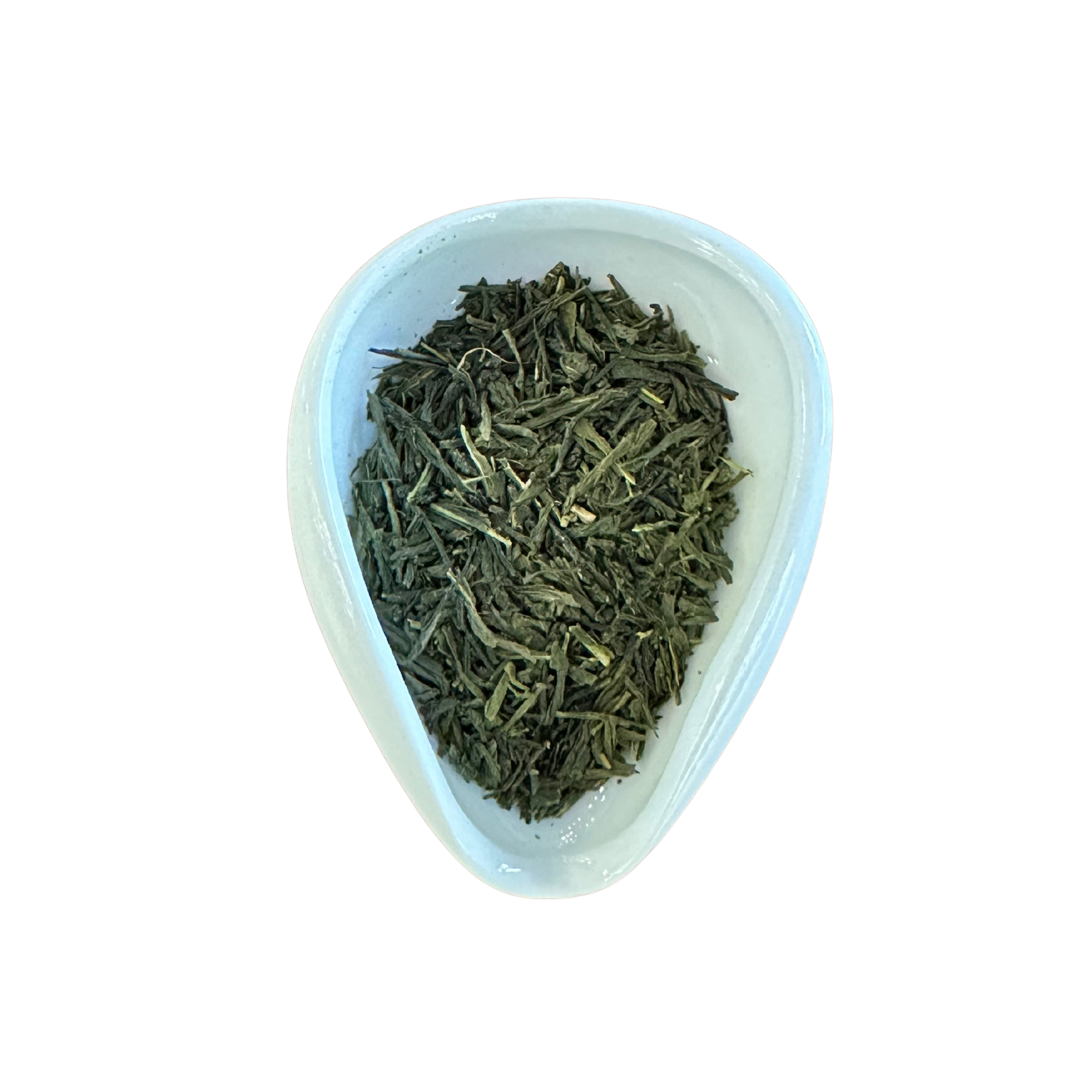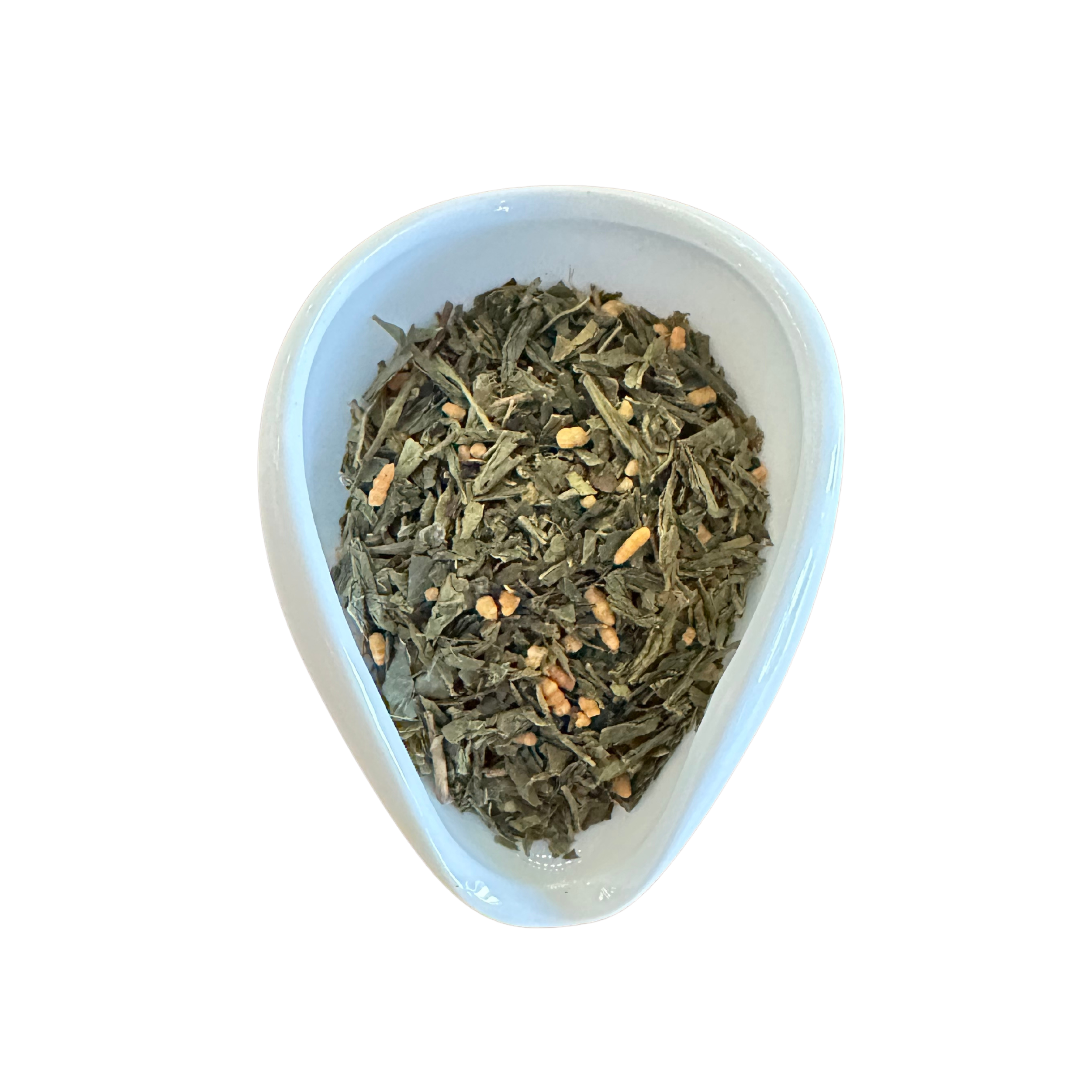-
The name comes from Japanese: kuki (茎) means “stalk” or “stem,” and cha (茶) means “tea.” It simply refers to tea made from stems and twigs.
-
Kukicha uses parts of the tea plant that are usually left aside in leaf teas. This gives it a naturally sweet, mellow taste with very little bitterness.
-
Light, smooth, and sweet with notes of roasted nuts, grass, and a mild umami touch. The liquor is pale yellow-green, refreshing and easy to drink.
Recommended Brewing Method (Japanese style)
Recommended Teaware for Kukicha:
Use a Japanese kyusu (急須), ideally a side-handled yokode kyusu. Serve in yunomi (湯のみ) cups for daily enjoyment.
Water Temperature:
75–80 °C
Brewing Instructions:
Leaf-to-water ratio: 1 g per 50–60 ml
Example: 3–4 g for a 200 ml kyusuFirst infusion: ~1 minute at 75–80 °C
Second infusion: ~30 seconds
Later infusions: Add 5–10 seconds each round
Kukicha can be brewed 2–3 times, keeping its mellow sweetness and nutty aroma.
Essential Info
Japanese Name: 茎茶 (Kukicha) / 棒茶 (Bōcha)
Region: Japan
Harvest Time: 2024
Description:
Kukicha, or stem tea, is a Japanese green tea made from stems and twigs of the tea plant, often derived from Sencha or Gyokuro production. It brews into a pale yellow-green liquor with a mild nutty aroma and mellow sweetness. Low in caffeine and refreshing, Kukicha is a popular daily tea in Japan.
Tasting Profile:
Light, smooth, and sweet; nutty and grassy notes; pale liquor with a refreshing, low-caffeine finish.





